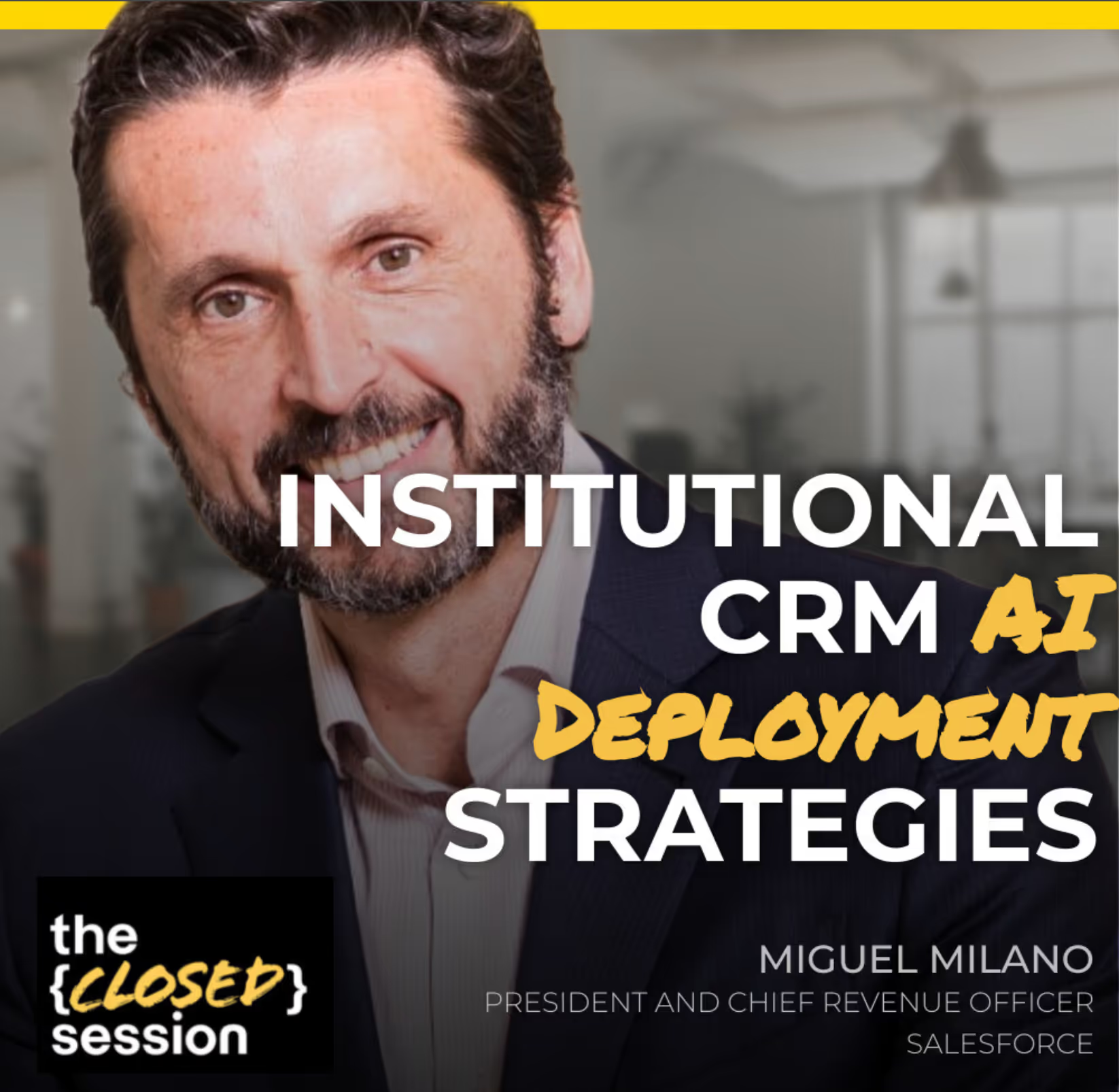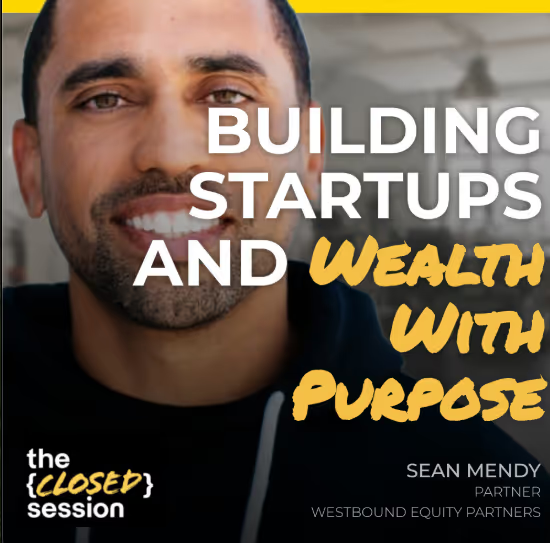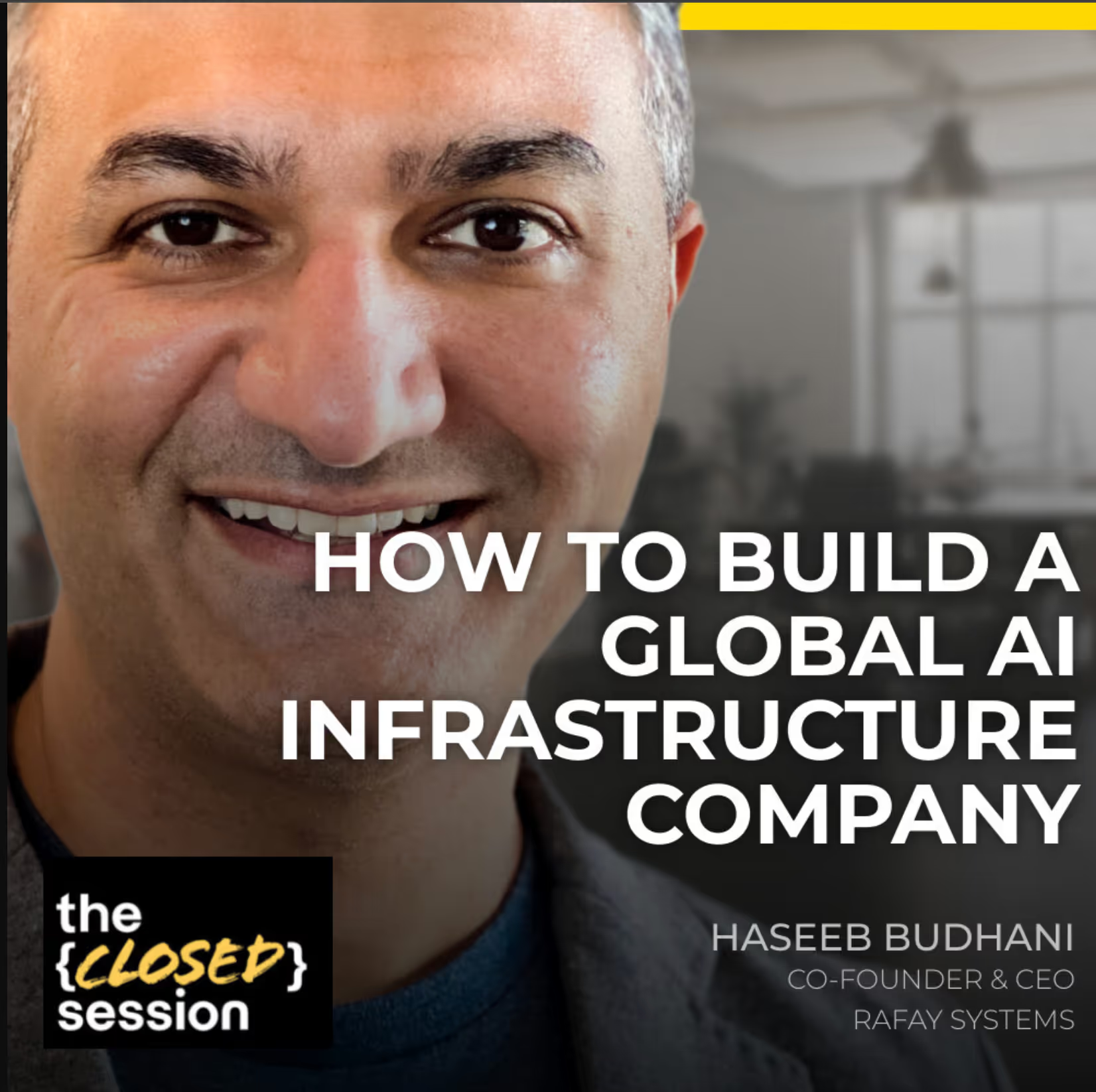.avif)
Marketing in the Age of AI with Rex Briggs
Marketing has always been about connection, but what happens when AI becomes the mediator? With vast strides in AI-driven campaigns, how do marketers ensure they remain true to their brand and their audience? Who ensures that campaigns are not just data-driven but also ethical and impactful? As we stand on the precipice of an AI revolution in advertising, how does one navigate the intricate balance between personalization and consumer control over their data?
Rex Briggs, a luminary in marketing measurement, envisions a future where AI-driven campaigns resonate deeper and more personally with audiences. With vast industry experience, Rex sheds light on emerging trends and their implications. Joining Tom Chavez and Vivek Vaidya, the trio explores the frontiers of AI in marketing, from its transformative capabilities in content creation to the nuanced ethical challenges it presents. They uncover strategies and insights essential for marketers in this AI-dominated age, emphasizing the synergy of technology and human intuition.
Find Rex Briggs on his LinkedIn (https://www.linkedin.com/in/rex-briggs-2811b3/) and X (https://twitter.com/rexbriggs).
PLUS bonus content: super{set} Spotlight on Headlamp Health co-founder Andrew Marshak and his experience so far working alongside Tom, Vivek, and the super{set} team at Headlamp Health. Hear about Andrew's maniacal commitment and find out how Tom Chavez and Vivek Vaidya show up as "true co-founders FOR REAL."
Learn more about Headlamp Health at www.headlamp.com
Find Andrew Marshak on his LinkedIn (https://www.linkedin.com/in/andrew-marshak/)
Read Andrew's latest blogpost on superset.com - "Why Headlamp Health is Bringing Precision to Mental Health"
Tech, startups & the big picture
Subscribe for sharp takes on innovation, markets, and the forces shaping our future.
More Episodes
Explore additional conversations with entrepreneurs, investors, and leaders shaping the future of tech and business.



